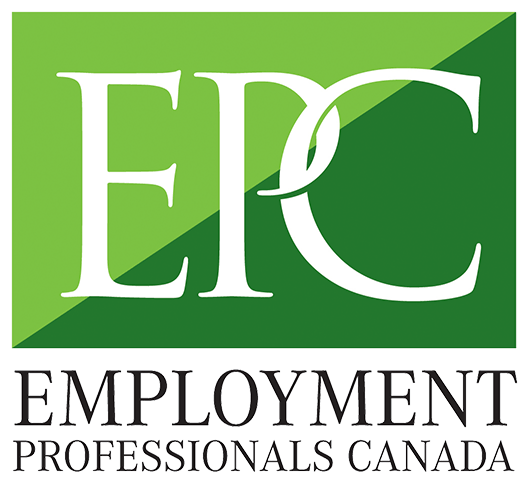Employment insurance (EI) is a taxable benefit given to those who are out of work through no fault of their own. To better understand EI, let’s answer some of the key questions surrounding this topic.
How Does EI Work?
EI provides financial benefits to those who lose their jobs due to a shortage of work, seasonal or mass lay-offs, or other no-fault reasons. It is available to those who are able to work but cannot find a job. Others who may qualify for EI benefits include those who are ill or pregnant, looking after a newborn or adopted child or providing care to a sick family member.
People can apply for EI benefits as soon as they stop working. EI benefits are calculated at 55% of your average insurable weekly earnings.
As of Jan. 1, 2021, the maximum annual insurable earnings amount to qualify for EI benefits is $56,300. In this scenario, you can receive a maximum amount of $595 per week.
How Long Can You Get Employment Insurance Benefits?
You can receive EI benefits from 14 to 45 weeks. The total amount of time you can get these benefits depends on the unemployment rate in your region at the time you file your claim. Also, the amount of insurable hours you have accumulated in the last calendar year or since your last claim is used to determine how long you can receive EI benefits.
Are You Required to Repay Employment Insurance Benefits?
Those who receive EI benefits may be required to repay a portion of them. For these individuals, Service Canada issues a T4E (Statement of Employment Insurance and Other Benefits) tax slip. Box 7 on the slip shows 30% if you have to repay some of your benefits.
Are There Exemptions for Repaying EI Benefits?
People who meet one or more of the following conditions are exempt from repaying EI benefits:
- Net income in 2020 was less than $67,750.
- You received less than one week’s worth of EI benefits in the past 10 years.
- You received maternity, parental, caregiving, or other special benefits.
- Your EI benefits extended across two calendar years; in this instance, you may qualify for a tax exemption in your first tax year.
It often helps to consult with a tax professional before you file your tax return. This ensures you can receive expert assistance as you determine if you are exempt from having to repay your EI benefits.
Will the COVID-19 Pandemic Affect Your EI Benefits?
The Government of Canada in February proposed an increase to the maximum number of weeks of EI benefits. Under the proposal, eligible recipients could receive up to 50 weeks of EI benefits for claims made between Sept. 27, 2020, and Sept. 25, 2021. As of March, the proposal was still under review.
Get Exceptional Insurance Benefits from a Top Canadian Employer
Now that you know all about EI benefits, you can finalise your 2020 taxes. And, if you’re ready to find a Canadian employer that offers terrific insurance benefits this year, partner with Employment Professionals Canada.
Our staffing specialists can put you in touch with top employers across Canada. In doing so, we can help you find a great job that offers the insurance benefits you want. For more information about our available employment opportunities, check out our job board today.


